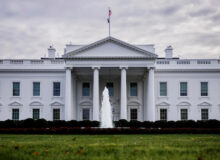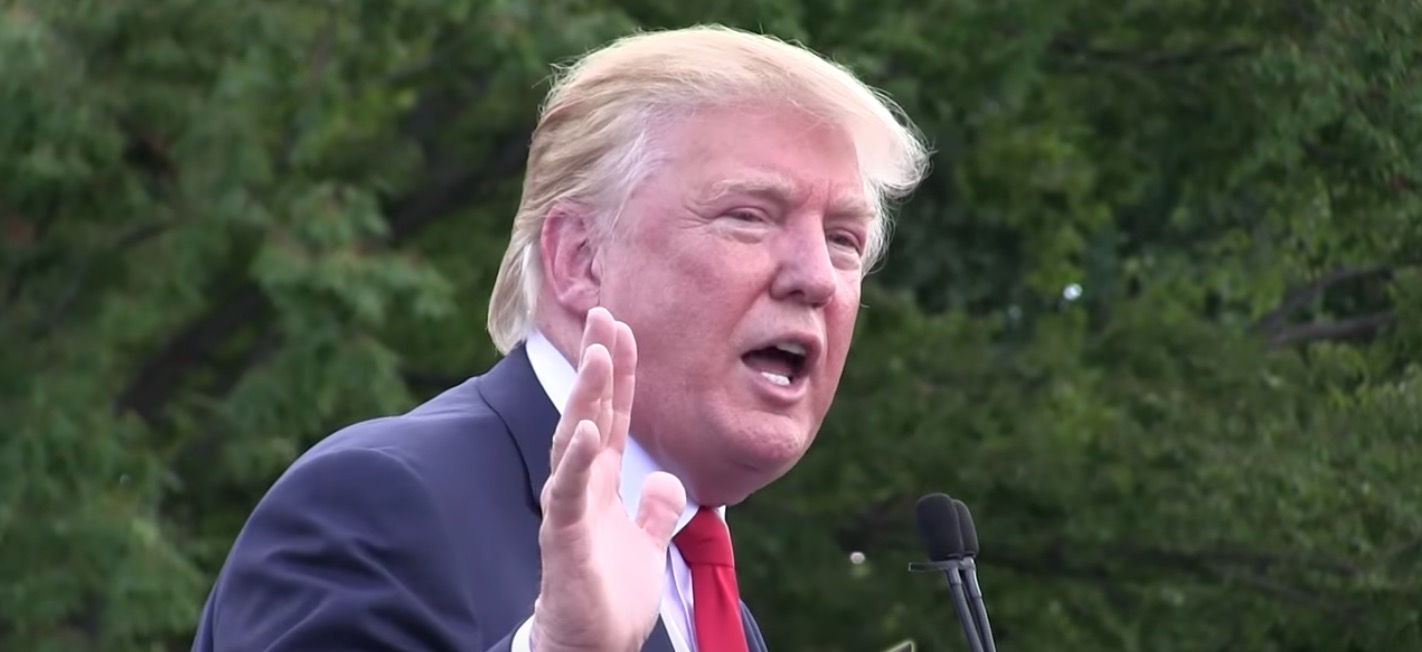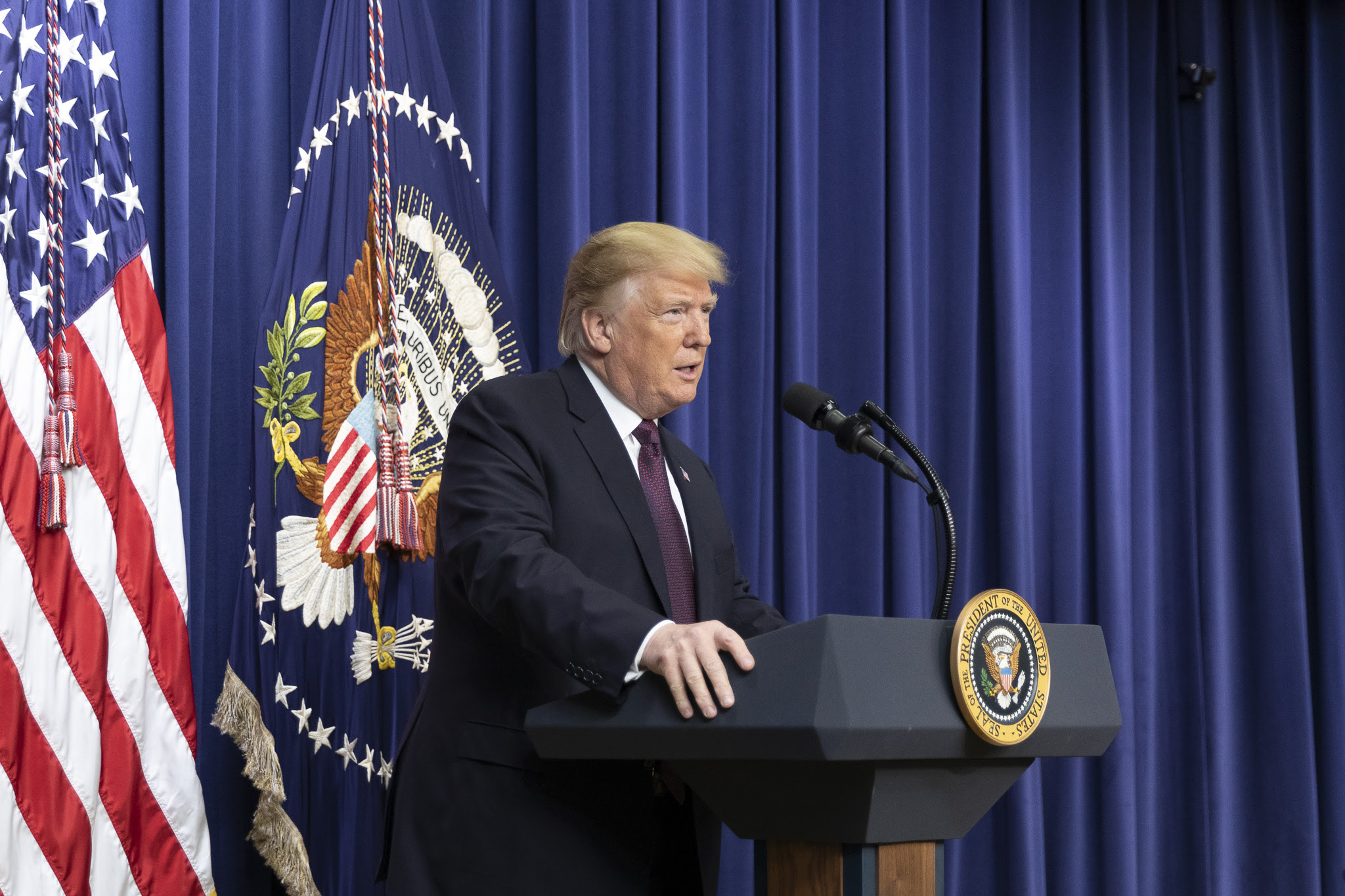On Wednesday President Obama abused his power once again by asserting his authority over the nation’s streams, wetlands and other smaller waterways. His overreach is one of the most controversial environmental regulations as reported by The Hill.
The Environmental Protection Agency (EPA) and the Army Corp of Engineers stated they are finalizing their proposed waters of the United States rule.EPA head Gina McCarthy said:
We’re finalizing a clean water rule to protect the streams and the wetlands that one in three Americans rely on for drinking water. And we’re doing that without creating any new permitting requirements and maintaining all previous exemptions and exclusions.
Do you think the 2nd Amendment will be destroyed by the Biden Administration?(2)
Republicans and businesses have said if Obama did this it would be massive federal overreach that would but the EPA in charge of ditches, puddles and wet areas.
The EPA furthered stated the rule is just about clarification. McCarthy said:
The rule is about clarification, and in fact, we’re adding exclusions for features like artificial lakes and ponds, water-filled depressions from constructions and grass swales.
This is hard to believe when Obama has previously said he was going to start fulfilling his agenda “by hook or by crook” and this reform was on his list.
Environmental action groups are applauding the move. Margie Alt, Executive Director of Environment America released the following statement:
Our rivers, lakes, and drinking water can only be clean if the streams that flow into them are protected. That’s why today’s action is the biggest victory for clean water in a decade.
Republicans on the other hand have voted multiple times to overturn this rule when it was in its draft form.
President Obama is steadfast in enacting it and obviously not listening to Congress. He said:Too many of our waters have been left vulnerable to pollution.
He also said federal agencies wrote the rule in order to:
restore protection for the streams and wetlands that form the foundation of our nation’s water resources, without getting in the way of farming, ranching, or forestry.
















